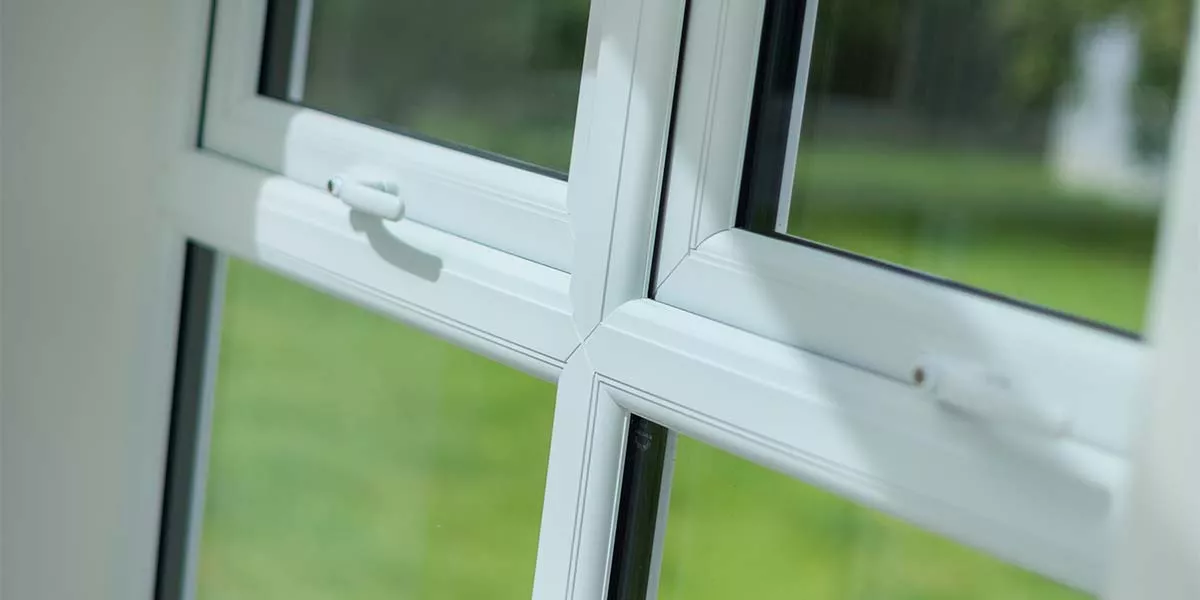You’re assured of a very warm welcome when you call into our Kendal showroom to view our fabulous products, with several experienced sales consultants ready and waiting to give you a helping hand.
How Is Condensation Caused And How Do I Stop It?
Nobody likes getting condensation on their windows, but it happens a lot at this time of year and all people want to know is if and how they can stop it.

Before getting into that, it helps if you firstly have some understanding of condensation and why it occurs.
Those pesky water droplets form on the glass of a window for two reasons – because of differing internal and external temperatures and a build-up of moisture indoors.
Our homes tend to be full of moisture in the winter months as e.g. due to the weather, we’re forced to dry our clothes indoors, and it won’t help if you have insufficient ventilation.
What else causes excess moisture, when there’s a lack of ventilation, is the steam generated when you take a hot shower or cook on the hob.
The official name for window condensation is surface condensation and if not dealt with properly, can lead to excess damp and mould, which can then potentially affect your health.
To minimise the chances of damp and mould properly setting in, you should use a squeegee or towel to remove the wetness.
But, ideally, the problem needs to be tackled properly to stop it becoming a recurrent issue.
Start by placing a humidifier in any rooms where condensation is most prevalent to raise their humidity levels. Typically, this will be in the kitchen or bathroom.
The alternative to that is to always leave a window open when cooking or showering, but that’s not ideal when it’s freezing cold outside, so a humidifier is a better option.
Upgrading from single-glazed windows to double-glazed windows will also be a wise move as double-glazed windows are warmer than the former.
One thing to note though is that you may get some external condensation on new energy efficient double-glazed windows, usually during the months of March and October. Why? It’s all due to the dew point being at its highest point and vast swings in temperature levels.
It doesn’t mean that they’re not working properly, quite the opposite. The condensation will evaporate quickly anyhow as soon as the sun or a breeze meets it.
We hope this post manages to address what you want to know about condensation. If you need to know more, download our Helpful Guide on condensation.
Want to speak with an Advisor? Give us a call on 0800 61 222 55
Our friendly team will be pleased to help with any questions you may have.